It all started with an idea.
Having worked in PNG for 16 years, Sr Maryanne Kolkia RSM, our Project Coordinator in Simbu, saw the need for change.
Simbu may be a beautiful rugged mountainous area in the central highlands, but access to basic services such as education and health remains limited, especially in the remote areas. Domestic violence and sexual abuse against women and children is all too common, food is scarce and the cycle of poverty is hard to break.
“I was thinking there must be a way. And then it came to me: Financial mobilisation!”
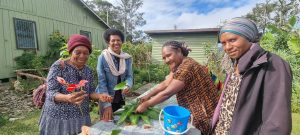
Enter Sr Maryanne’s microfinancing initiative; the Leave No One Behind Village and Life Savings Association (LNB – VSLA) which is creating economic empowerment and improving the lives of the people of Simbu.
Essentially, the entrepreneurial capacity of individuals, families and communities is enhanced by promoting a saving culture and increasing access to credit to enable them to embark on income generating activities to sustain and improve their livelihoods. It is a collaborative effort taken by the local community towards financial freedom.
Sr Maryanne started the initiative with one group of 4 men and 11 women (Cycle 1). There are now 25 ‘Leave No One Behind’ groups of members in Simbu – with 30 members in each group, totalling 676 members – 627 of which are women – as well several different initiatives.
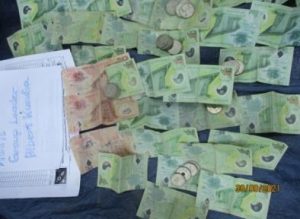
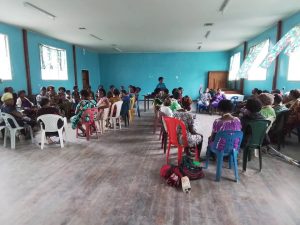
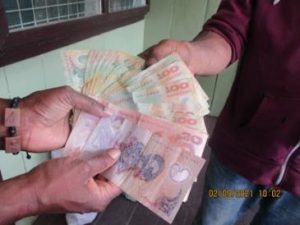
“Thinking big but starting small is the concept. And with the microfinancing we are looking at ways in which people can mobilise financially to achieve bigger dreams and a better life,” says Sr Maryanne.
“I believe every individual has the potential to excel that further. I believe in economic empowerment, and we are looking at the potential with the people that they will make a change.”
How it works: The ‘Piggy Bank’
Mercy Works gives a small loan as start-up capital of 30 Kina (A$13) to individuals who wish to help themselves. With that 30 Kina they are given two weeks to engage in some income generating activity of their choice.
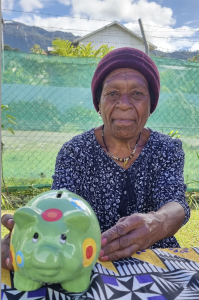
After two weeks this money must be returned to Mercy Works so it can be passed on to another participant. Once they are earning a regular income, they are encouraged and invited to join a Leave No One Behind Savings and Loan Association group (LNB – VSLA).
Hereby a group will meet fortnightly and put their money into a money box. This stores the currency and groups equip their lockbox with a padlock and assign the keys to three members, all women. During transactions and meetings, all three key holders must be present in order to unlock the box.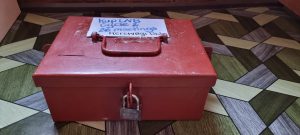
Some members request a small loan from their group savings to be approved of the group’s members decide to share their earnings. This stimulates increased economic activity in the villages. This amount must be repaid back to the group’s money box within three months.
Representatives from the groups and clans are then able to show case their products, advertising and promoting each other’s products so they can buy and sell among themselves, as well as externally.
For example one woman was able to give K5,000 (A$2,175) to her husband to build their house. Another bought a mobile phone for her grandson. One clan raised K11,000 (A$4,800) from faming bulb onions. Another woman is selling woodwork at the local markets using the savings loan. Others make payments on loans they already have, with interest – typically.
At any time most of the groups saving are in circulation as loans.
Mercy Works also provides life skills and technical training, so people of all ages can start their own business. They receive training in baking, food processing, organic farming practices and financial management. This increases people’s access to and control over resources.
Mercy Works also helps identify the food chain – the supplier, retailer and consumer – linking businesses with the financial members of the VSLA.
In nine months, a total of 18 of these VLSA meetings were conducted. Out of the 25 groups, nine groups raised a total of K100,800.200 (A$43,800) which was distributed equally among members.
Of note is that 88% of participants in these SME’s are women – with all leadership roles being females as well. Pressure in these rural areas is often on women to meet the daily needs of themselves, their children, their family and others.
“The idea is to build up what you get and give back to reach out to others,” says Sr Maryanne. “This makes people feel loved and cared for. It promotes individual potential and boosts achieving personal ambitions. At the same time, working in collaboration promotes mutual trust, respect and reduces jealousy.
“It has been well embraced by all. In the process of growth, development and maturity, it continues to open up, brings its fragrance forth and its goodness invites many to respond with excitement.”
Word of mouth has generated much interest in the Mercy Works initiative, with people in villages and clans taking their own initiative to mobilise and engage in development activities to contribute to their livelihoods.
Which is how Josepha, a widow and mother of three, who has turned her life around through the LNB – VSLA, first heard of the idea.
Read Josepha’s Joyful Journey here: “Mercy Works is a Lighthouse for my life”

 SHOP
SHOP
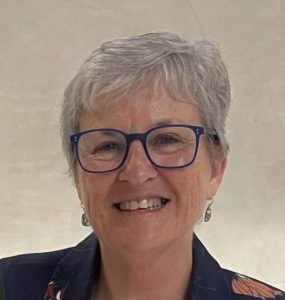
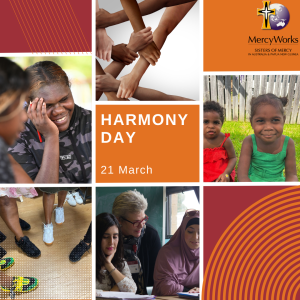
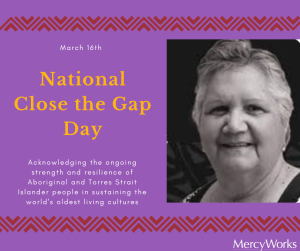 In December of 2021, the
In December of 2021, the 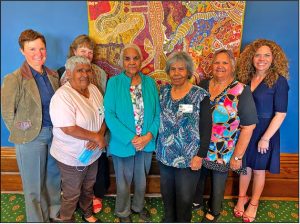
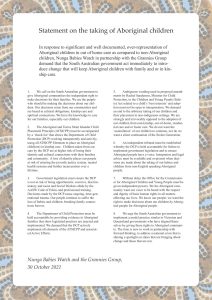
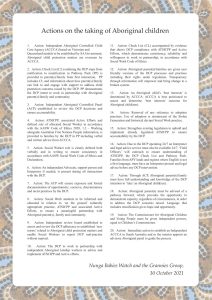
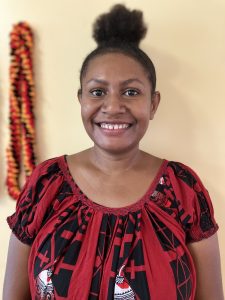
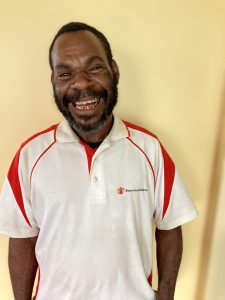
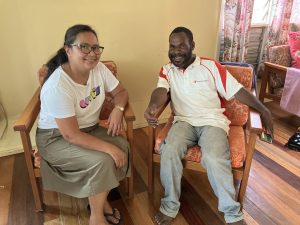
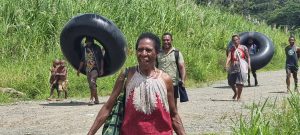
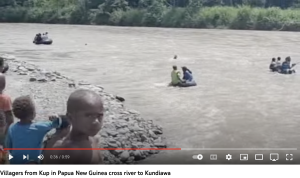
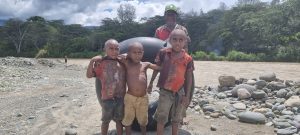 At a local meeting of the villagers in February, they explained to Mercy Works staff, Sr Sally Bradley RSM (Executive Director) and Maria Prescilla (Overseas Program Manager), their hopes to raise a sum of money by June. They will contribute a small part of their Mercy Works Leave No One Behind Village Savings and Loans Association (LNB-VSLA) business activities.
At a local meeting of the villagers in February, they explained to Mercy Works staff, Sr Sally Bradley RSM (Executive Director) and Maria Prescilla (Overseas Program Manager), their hopes to raise a sum of money by June. They will contribute a small part of their Mercy Works Leave No One Behind Village Savings and Loans Association (LNB-VSLA) business activities.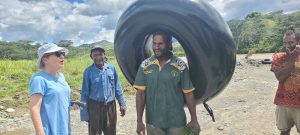
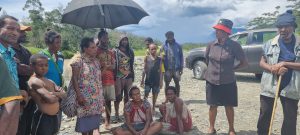
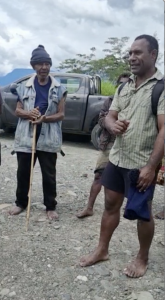
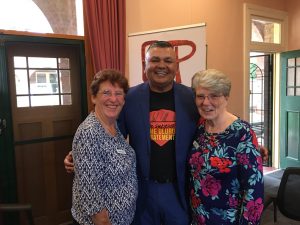
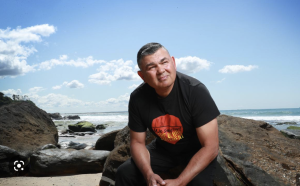
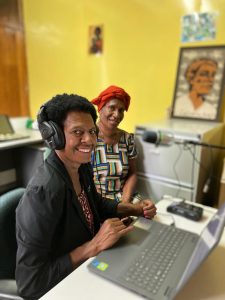 In 2021, the studio Sr Maryanne broadcast from in Simbu burnt down due to an electrical fault. She began recording information on USBs to distribute to community leaders and travelling with a loudspeaker to disseminate information across the highlands.
In 2021, the studio Sr Maryanne broadcast from in Simbu burnt down due to an electrical fault. She began recording information on USBs to distribute to community leaders and travelling with a loudspeaker to disseminate information across the highlands.